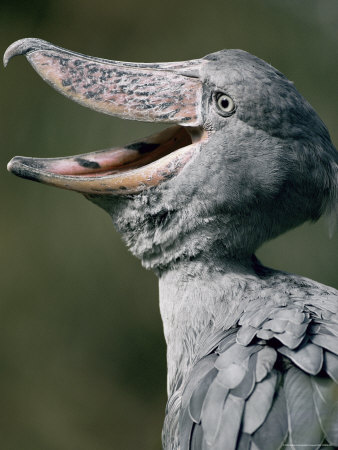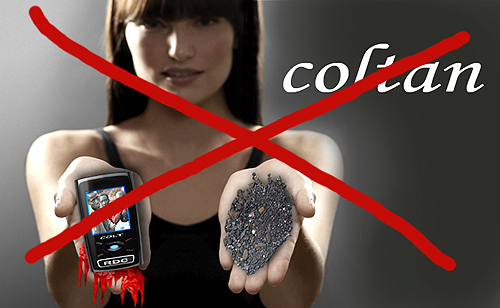
We flew from Entebbe to the Semliki Reserve in one of the few charter planes that exists in Uganda. Unlike Kenya and Tanzania, Uganda’s tourism is very small and its infrastructure still being built. Charter flights is one of the difficulties.
But we managed and collapsed a 7-hour ride into a beautiful one hour flight that headed straight for the Mountains of the Moon, the Ruwenzori mountain range first described by Henry Stanley in 1889. Stanley had been lucky. The reason they are nicknamed “Mountains of the Moon” is because a heavy mist usually covers them except at night, when they can only be seen when the moon is bright enough.
We couldn’t see them any better than most, but we knew they were there. Huge rain storms formed on them and nearly disrupted our first night Sundowner. And when we took our boat trip on Lake Albert, the mist raised for all of a few seconds revealing their awesome size.
We’d gone to Lake Albert to try to find a shoebill stork. There are less than 7000 of these dinosaur like birds left, and almost all of those are in the troubled Sudan. As the shoebill flies, we weren’t too far from there.
Traveling to the village of Ntoroko on the lake, we hired several boats to head towards a swamp peninsula about a half hour from the shore. It was a lovely, very still day, and not too hot. The lake was like glass, pocked throughout with water hyacinth, a growing threat to the area’s fishing industry.
It wasn’t too long before Hope Koncal on the trip spotted the first shoebill. If they’re there, they can’t be missed, but Hope had seen it looming above the lilies and hyacinth from some distance away.
The birds aren’t frightened of people. There are so many fisherman in the area with no interest whatever in them, that an incredible tolerance has been developed in this area.
So we cut the engines and polled to within 15m of the bird as it was hunting. Like all storks, it was very slow moving and deliberate.
Dave Koncal got a video of the bird in an unsuccessful hunt. Unlike most storks which “bite” their prey, the shoebill hooks it with a formidable tooth that drops down on the outside tip of its mandible.
We watched the giant critter try to hook something – but it missed. It’s favorite food here are little crocodiles, but it also eats fish and frogs.
It was an outstanding find and as we headed back I panned my binoculars to a collection of vessels near the town at the shore.
There were several barges and a number of large containers. Later we would see these more closely, along with some of the strangely marked trucks going to and from that jetty.
It was undoubtedly one of the crossing points for Congo contraband, particularly its precious metals like coltan.
Without a formal customs station, I’m sure that the captains of the vessels and drivers of the truck pay some hefty bribes, and from the looks of the village of Ntoroko, some of it was trickling down into the community.
Usually, when I visit fishing villages like Ntoroko there are many malnourished kids. They eat tons of fish, but nothing else. Ntoroko kids looked a lot better.
And so I realized how the recent victory we celebrated in the financial reform act that will ban coltan purchase from the Congo is a two-edged sword. (See my blog last week, “We Won!”)
Sanctioning the mining of Coltan by warlords in the Congo is likely to reduce the war there, and reduce the use of child soldiers and miners. But it may also negatively effect Ntoroko and villages like it, until a wider, more comprehensive solution can be found.
Safaris are not always measured in just successful game viewing.
